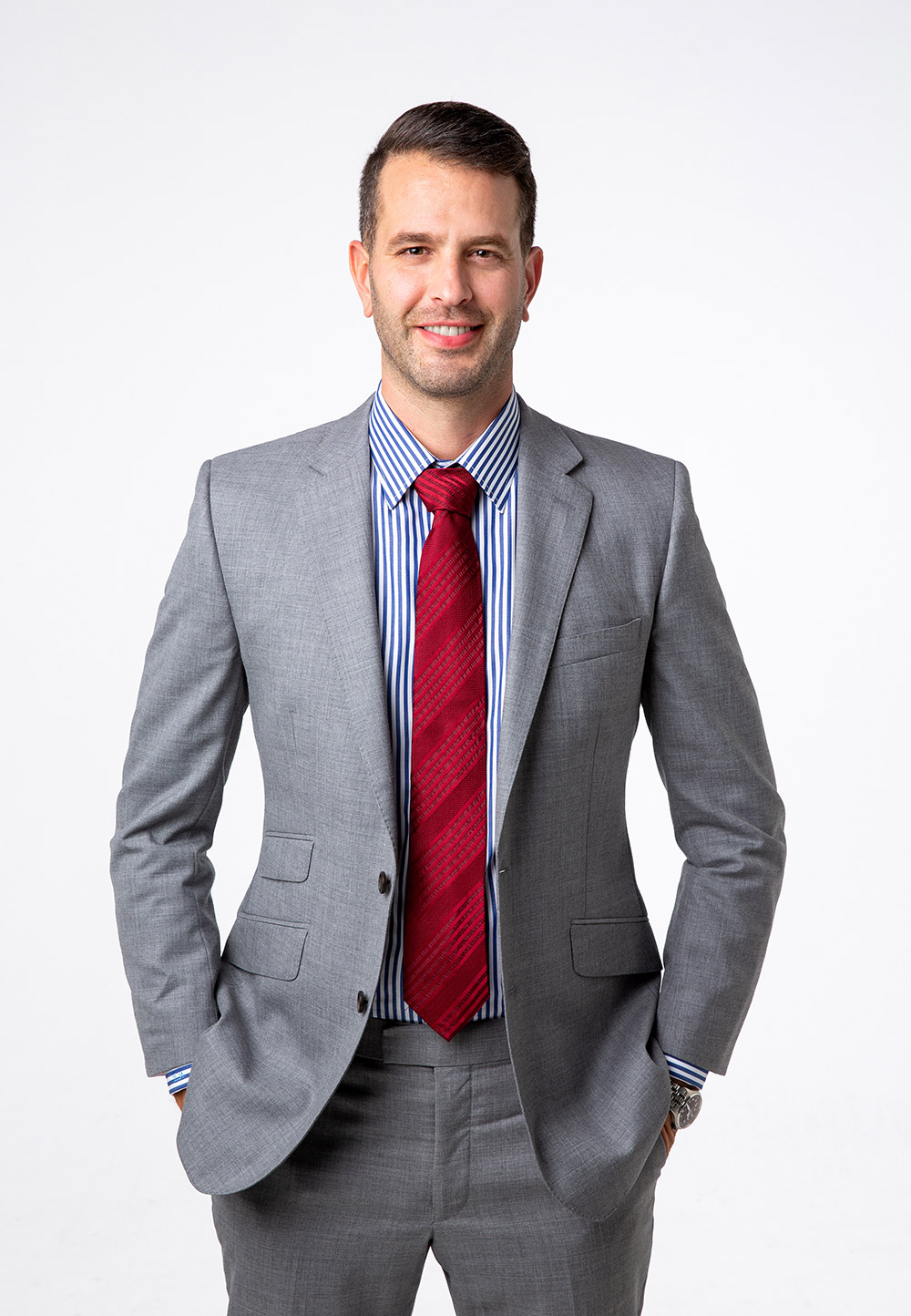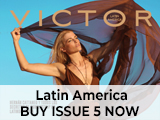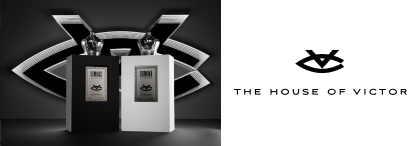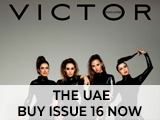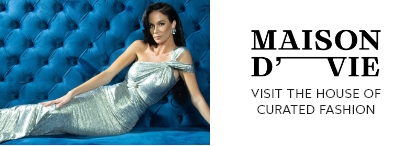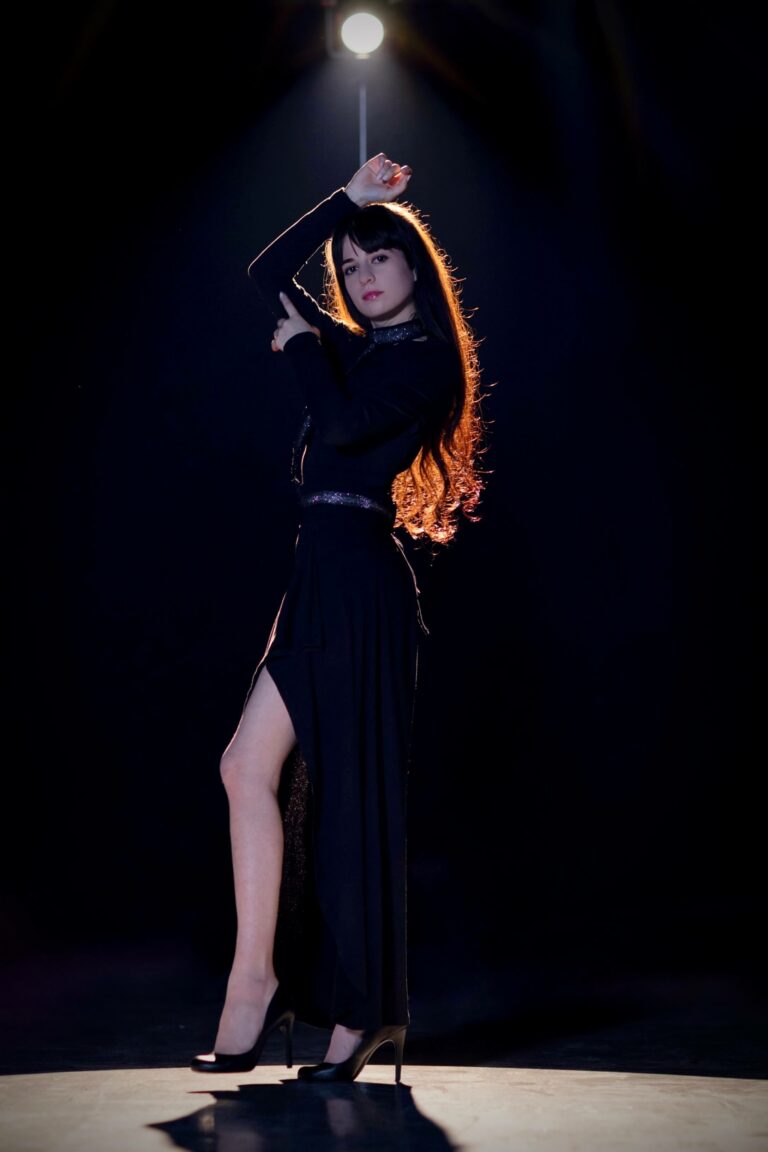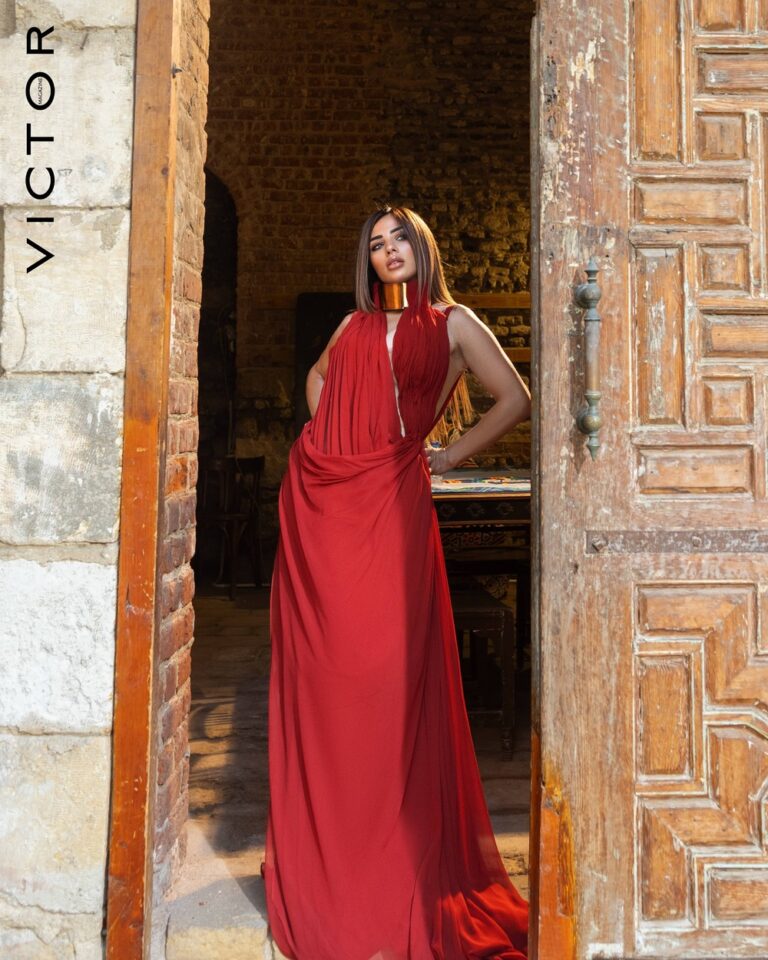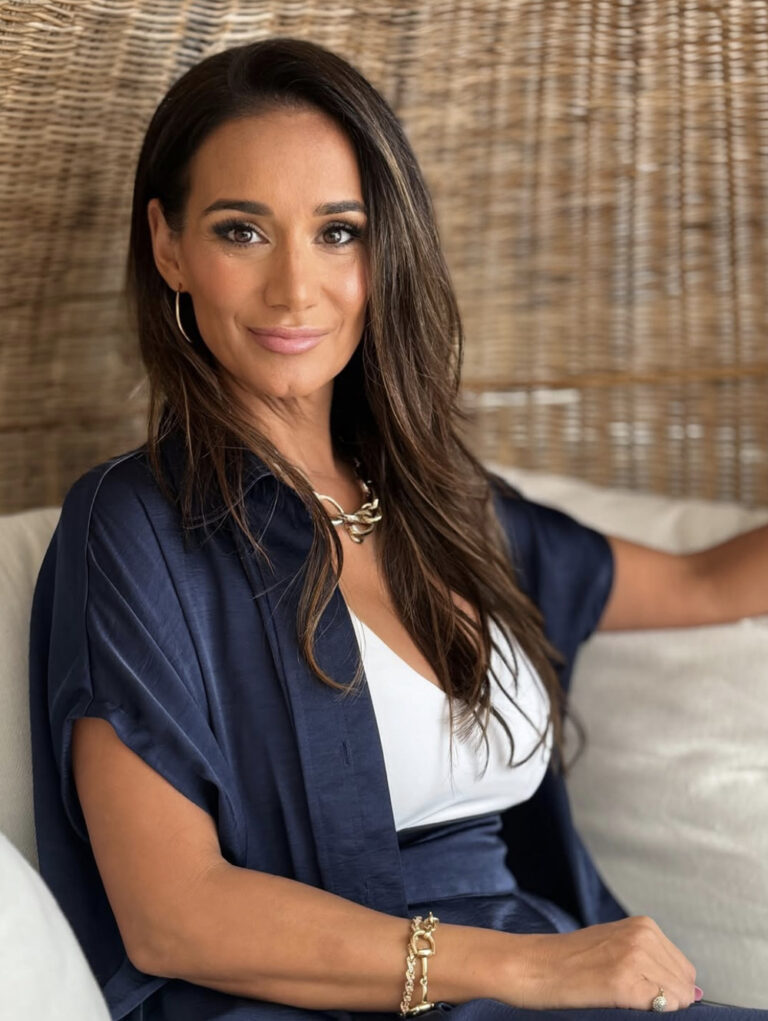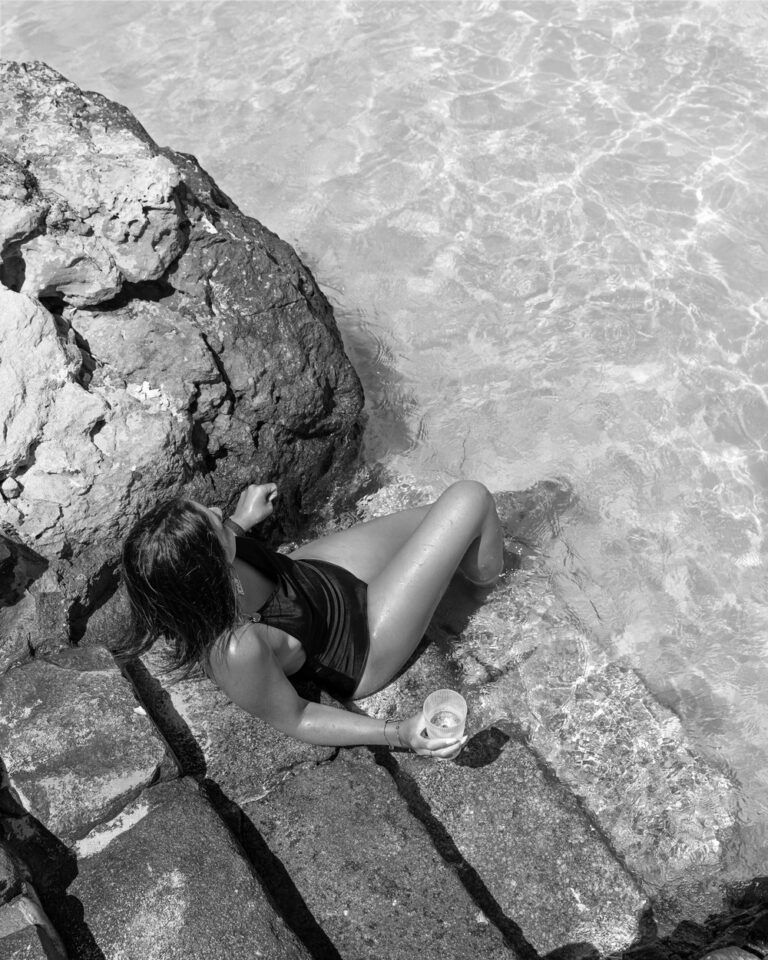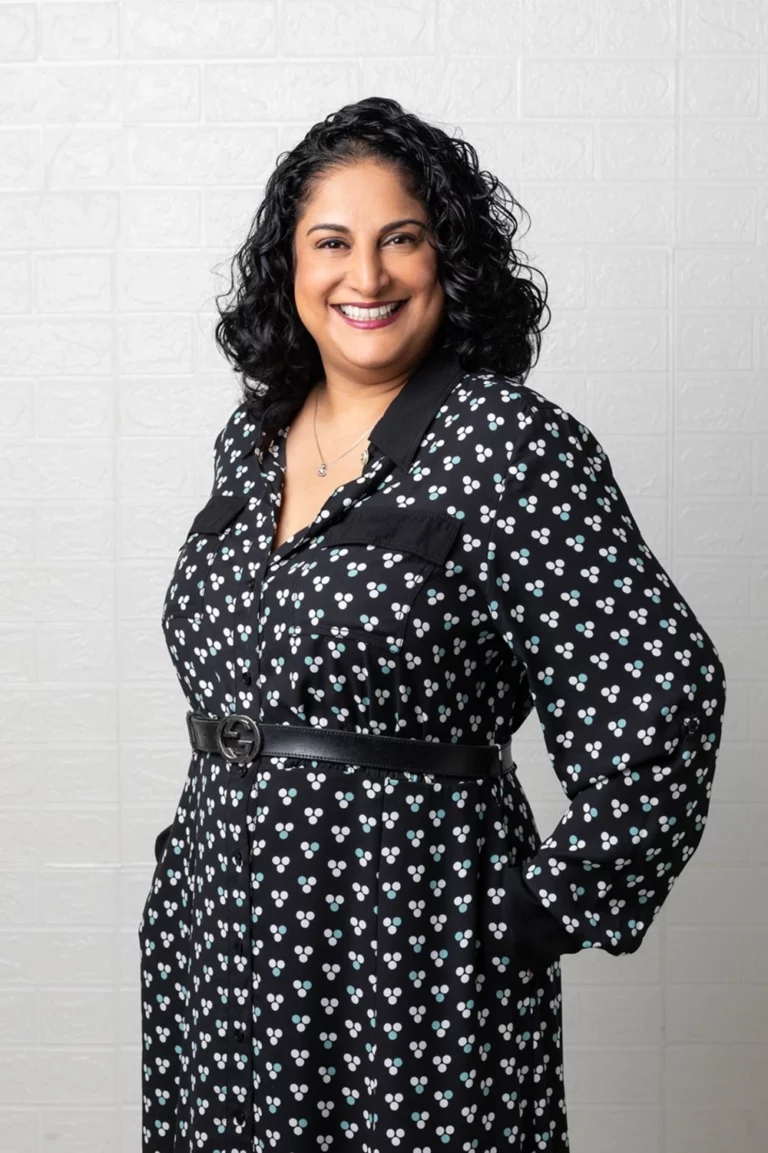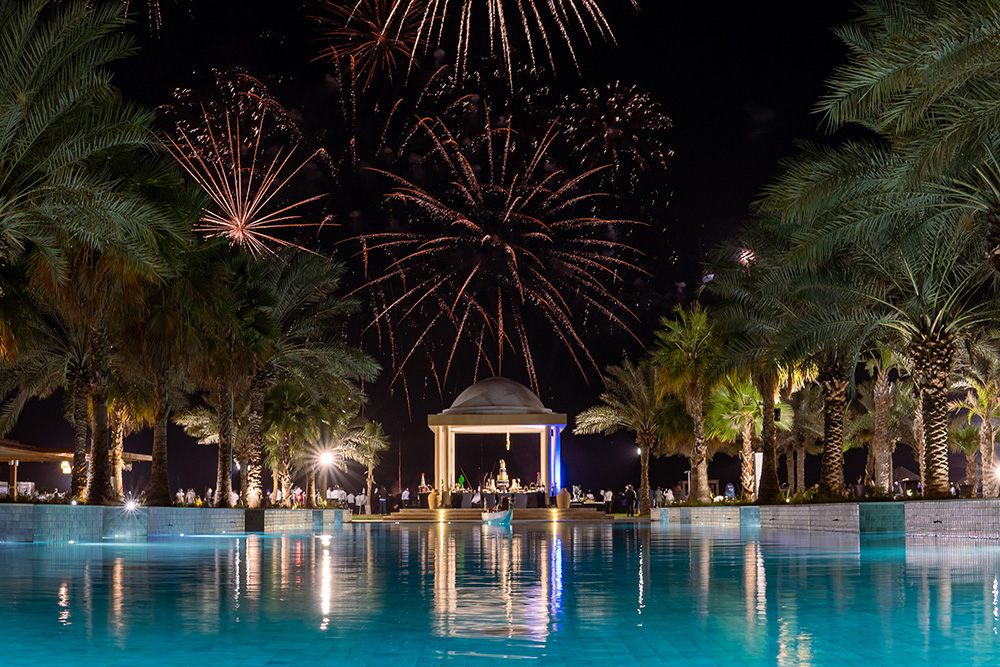
Naomi Heaton Chief Executive, The Other House Founder & Chair, London Central Portfolio
Staff Report
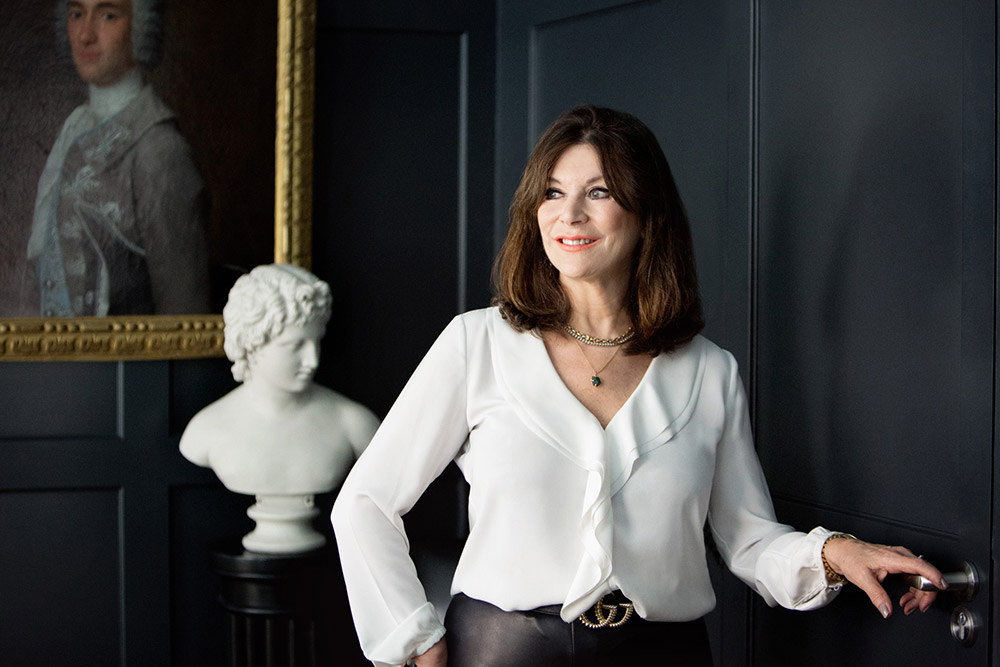
After building her career as a Director of well-known agency Saatchi & Saatchi, Naomi Heaton thought she was destined for a life in advertising. Little did she know that buying her first home in London’s Camden Town would later transform into not one, but two successful businesses.
With an eye for interiors, Naomi started her own business of buying, decorating and selling properties in central London, leading to the creation of London Central Portfolio (LCP), one of London’s leading real estate investment companies advising overseas buyers. Managing a large portfolio of rental properties on their behalf, she observed the rapidly changing lifestyle requirements of millennial tenants who were looking for small, aspirational and interior designed apartments in the very centre of London – to be ‘where it’s at’ – with service on demand.
At the other end of the spectrum, she could see hotel guests were on the lookout for a greater sense of place and to feel like a local. Naomi saw an opportunity to mash this all together and rethink the hospitality sector, whatever the length of stay. That’s when she created The Other House.
1. What is one of the most valuable lessons you learnt in your career?
That the most important role of a leader is to inspire those around them, to take them on your journey so they believe in the same vision and mission for the business. That is as important for the consumer, the industry as well as the team. For me, it is always leading by example, never expecting anyone to do more or ask for more commitment than what one gives oneself. Finally, it is to nurture the team that work around you to believe in themselves, their abilities and their contribution – and to listen – there are always better ideas to grasp hold of.
2. Do you remember the first hotel you stayed in, what were your first impressions of the industry?
I remember very clearly the first hotel I stayed in as a child which was in St Maxime on the Cote D’Azur. It was a magical and unforgettable experience. However, my love of beautiful hotels did not lead to the current venture, which has been based on my observation of changing consumer trends and needs, made more pronounced by the pandemic and our growing appreciation of all that is about us. My years in advertising trained me to look at what the consumer wants and to build brands which create meaningful connections – something which the hotel industry has failed to consider for too long now.
3. 10 years from now, how do you picture the hospitality sector? What’s the biggest change you’d like to see?
More intimate, residence-like properties where people can live their way and drop the ostentatious and stuffy formality that epitomises so many hotels. Living like a local is one of the best feelings when discovering a new city – it’s something Millennials and Generation Z actively seek.
I’d also like to see much more sustainability in the industry. Sure we’re moving away from mini toiletries, washing towels and servicing rooms daily; but there’s so much more to be done. Instead of constructing new hotels from scratch, why don’t we retrofit an existing hotel or building? Instead of breakfast buffets with towering piles of food to be thrown out at the end of the day, why don’t we provide a small menu of à la carte options?
Why don’t we enable our guests to go on our sustainability journey with us, letting them for example monitor the energy they use or determine how much service they really want. That’s what we do at The Other House.
4. What is your vision for The Other House?
The Other House is a new conscious lifestyle concept that redefines how we travel. It celebrates slow travel where we take longer to enjoy and value experiences, where we can combine work with leisure; it celebrates feeling at home in our surroundings. The Other House is based in South Kensington with over 200 club flats – to be followed by Houses in Covent Garden and Belgravia – and is shaped through a residential lens rather than a conventional hotel approach. It offers something unique for those wanting to live like a local, to feel it is their “other house”, whatever the length of stay – be it a night, a month or a year. The Other House provides apartment-style living with a Private Club where our residents are members for as long as they stay, trend setting public areas including a street café and stylish cocktail bar and hotel services on tap though The Other House app.
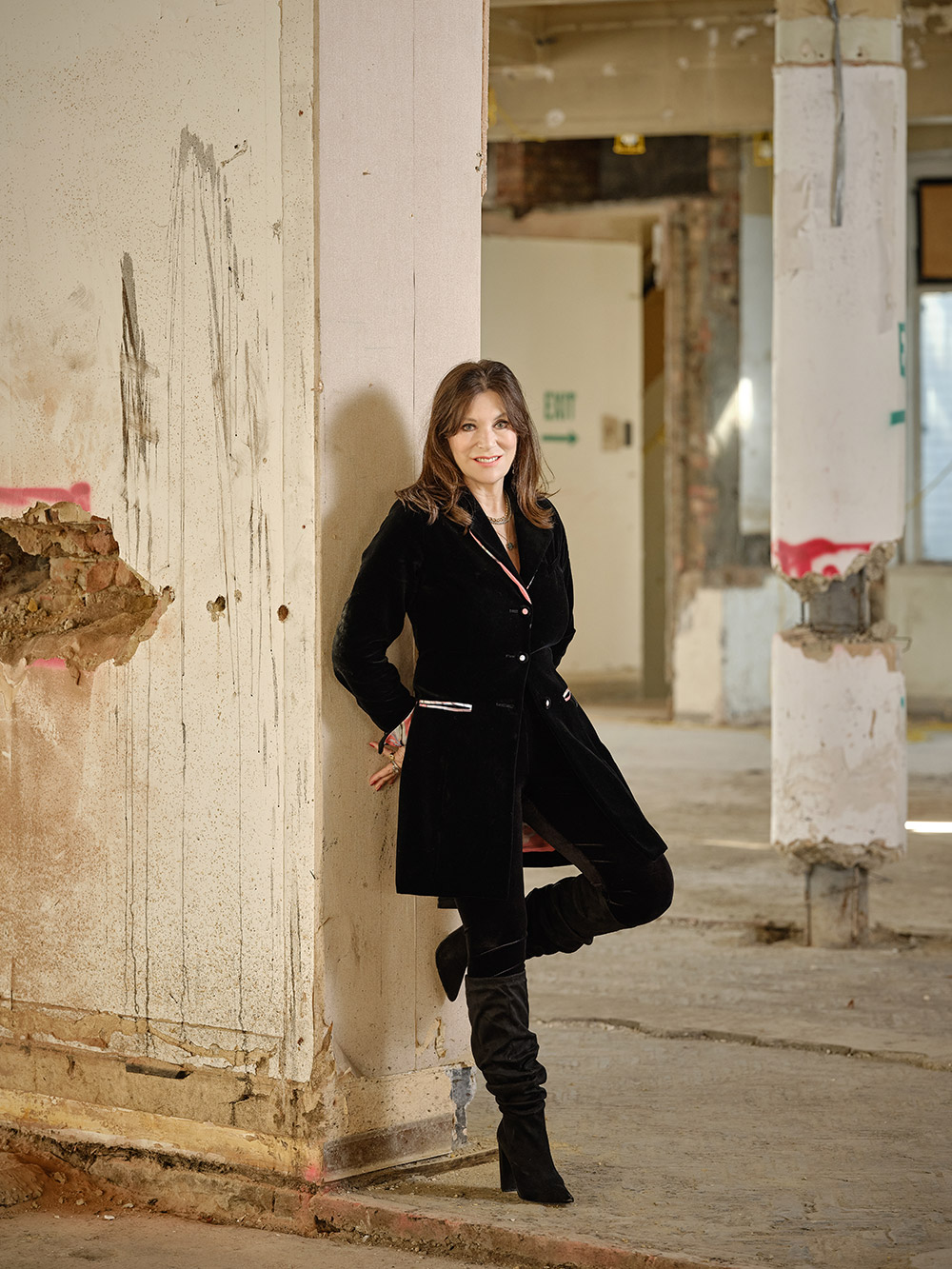
5. What is the hardest decision you have had to make?
When I was presented with the opportunity to become CEO of The Other House and launch the brand, I had to decide whether to sell my business – London Central Portfolio – or hand over the reins. I really struggled with the thought of selling a business I’d spent my blood, sweat and tears in building, and loved so much. I decided to appoint a new CEO. Having someone with fresh eyes, fresh ideas come in and take stewardship of the business turned out to be a great decision.
6. What is something you wish someone had told you at the beginning of your career?
Where you start isn’t necessarily the be all and end all of your career. Forty years ago, our parents and grandparents might work for the same company, in the same position, waiting for the gold watch and retirement party. These days it’s estimated that our generation and future generations will have many job titles and micro careers over their working life: paths are rarely linear. See every position as a steppingstone to where you want to be and don’t pigeonhole yourself to a particular skill, industry or function. The possibilities are endless and career changes are the norm. Never look back and wish you had done things differently because every decision leads you to where you are now.
7. What advice would you give to women looking to start their own business?
Be fearless and back yourself. Confidence is your greatest weapon. Being different is your other great weapon. Often female entrepreneurs are scared to take the leap whereas men are more audacious. Take the first step into the unknown and start before you’re ready – there will always be a reason to wait – and never accept a roadblock. There is always another (and often better) way round.
8. How would you describe your personal style and what are your essential items for packing on a business trip?
As I’m usually meeting with clients, my style is corporate with an edge – whether that’s statement shoes, a belt or jewellery. To keep up with the London weather, I also dress in layers. For business trips, I always pack noise cancelling headphones, a shawl, an eye mask and more recently, Air Tags. Though I previously made fun of packing cubes, I’m now a convert and find them so useful for organising my clothes into workwear, active wear, jackets, etc. My failsafe packing items are leather trousers and boots – they can take you anywhere!
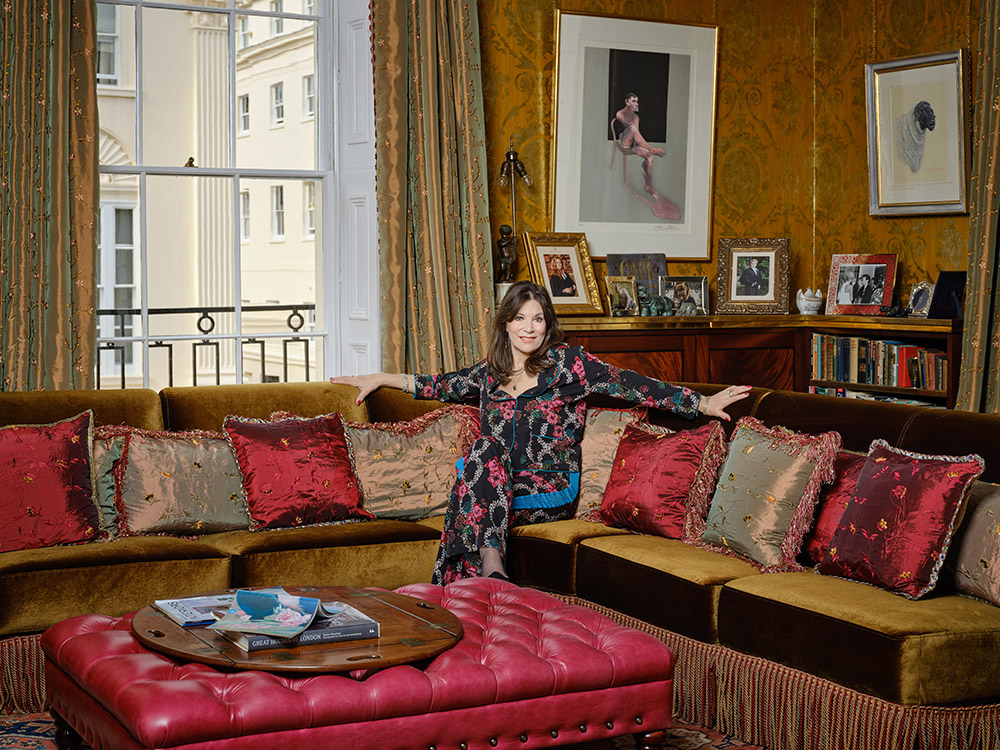
By Author

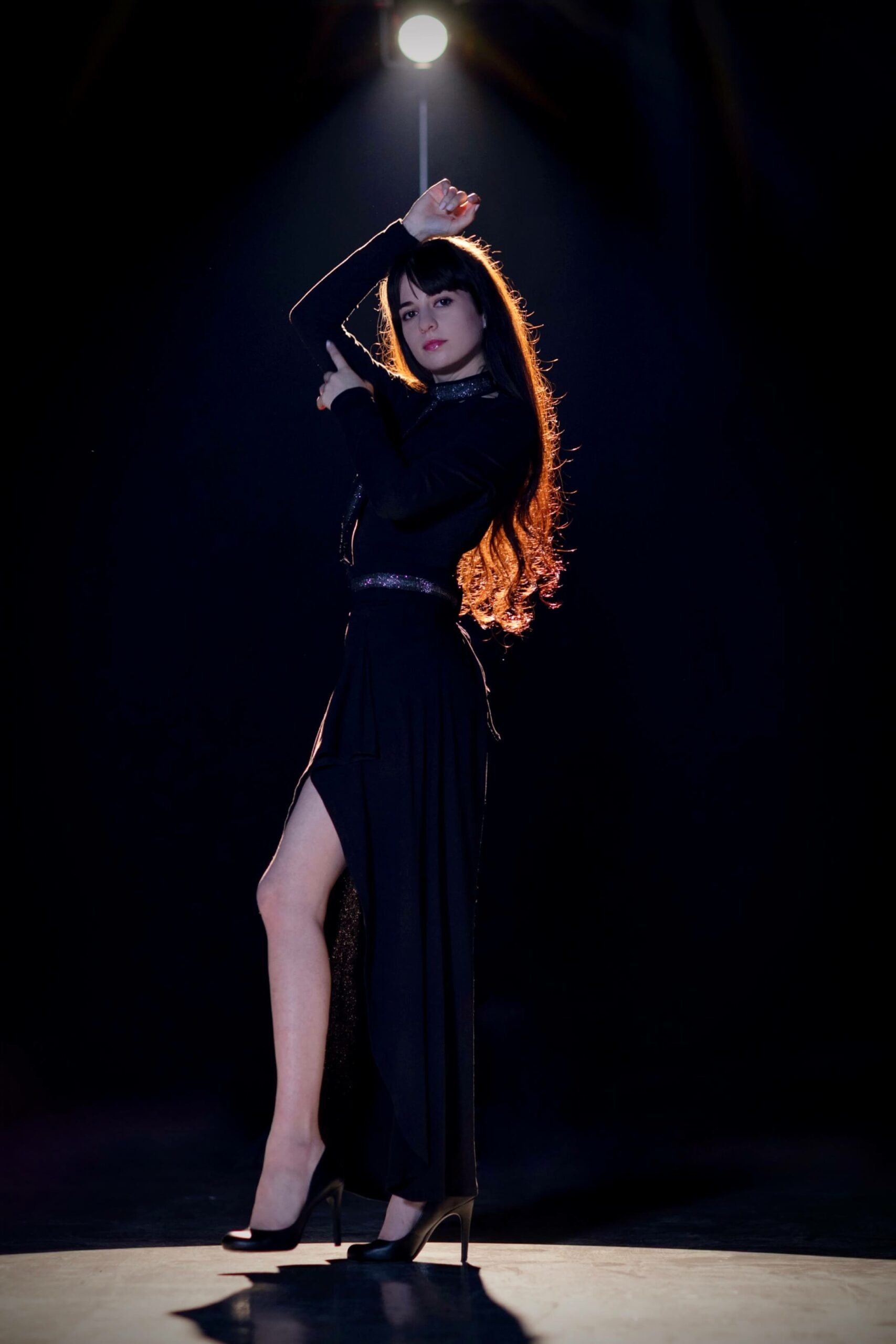
PERSIANA DULO SHATTERS CONVENTION WITH HER NEW SINGLE “ROBOT” — A REVOLUTIONARY SOUND FROM A VOCAL PHENOM
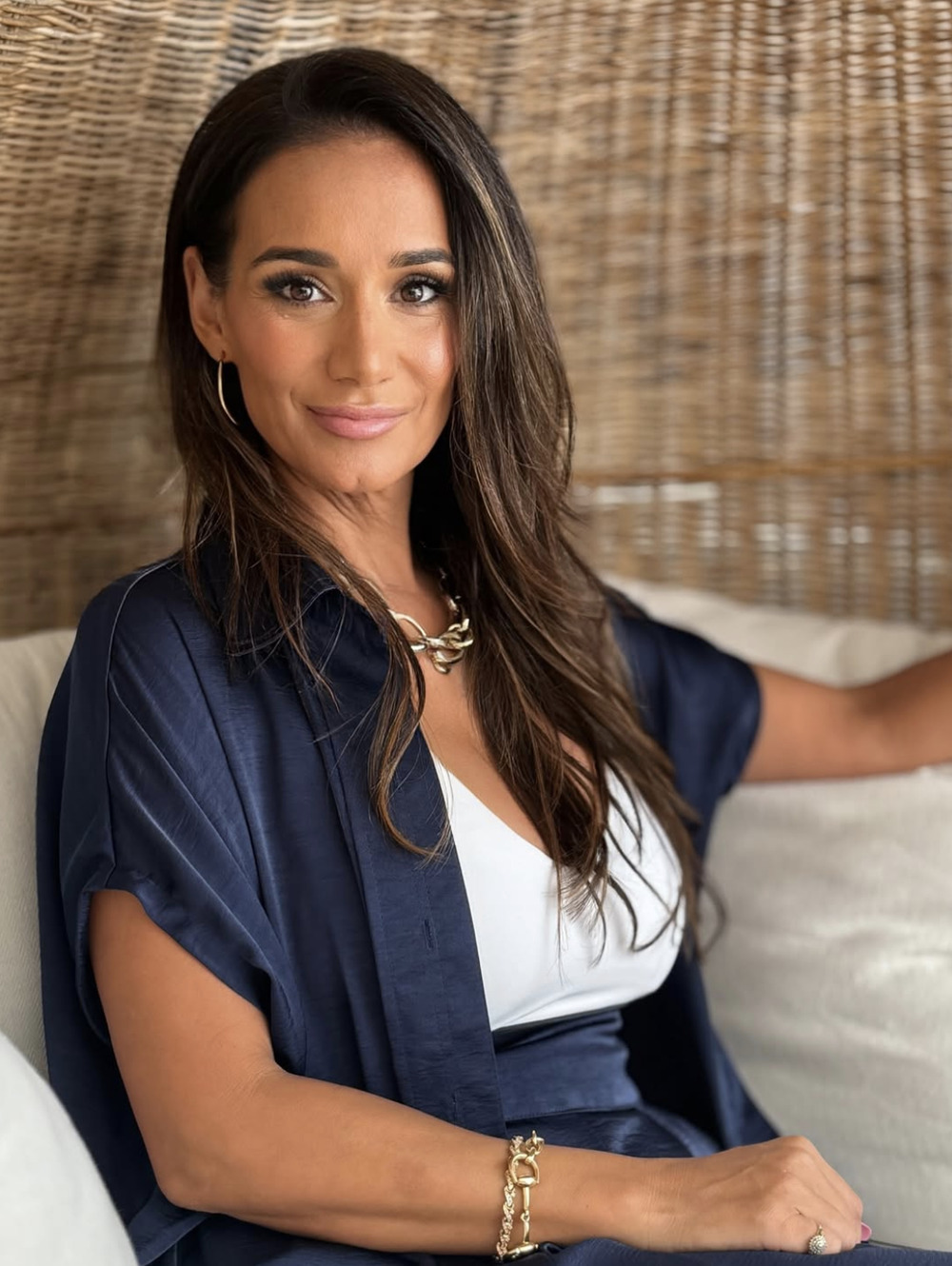
QueenB Couture Debuts with Locally Made Luxe Fashion Essentials
no related post found
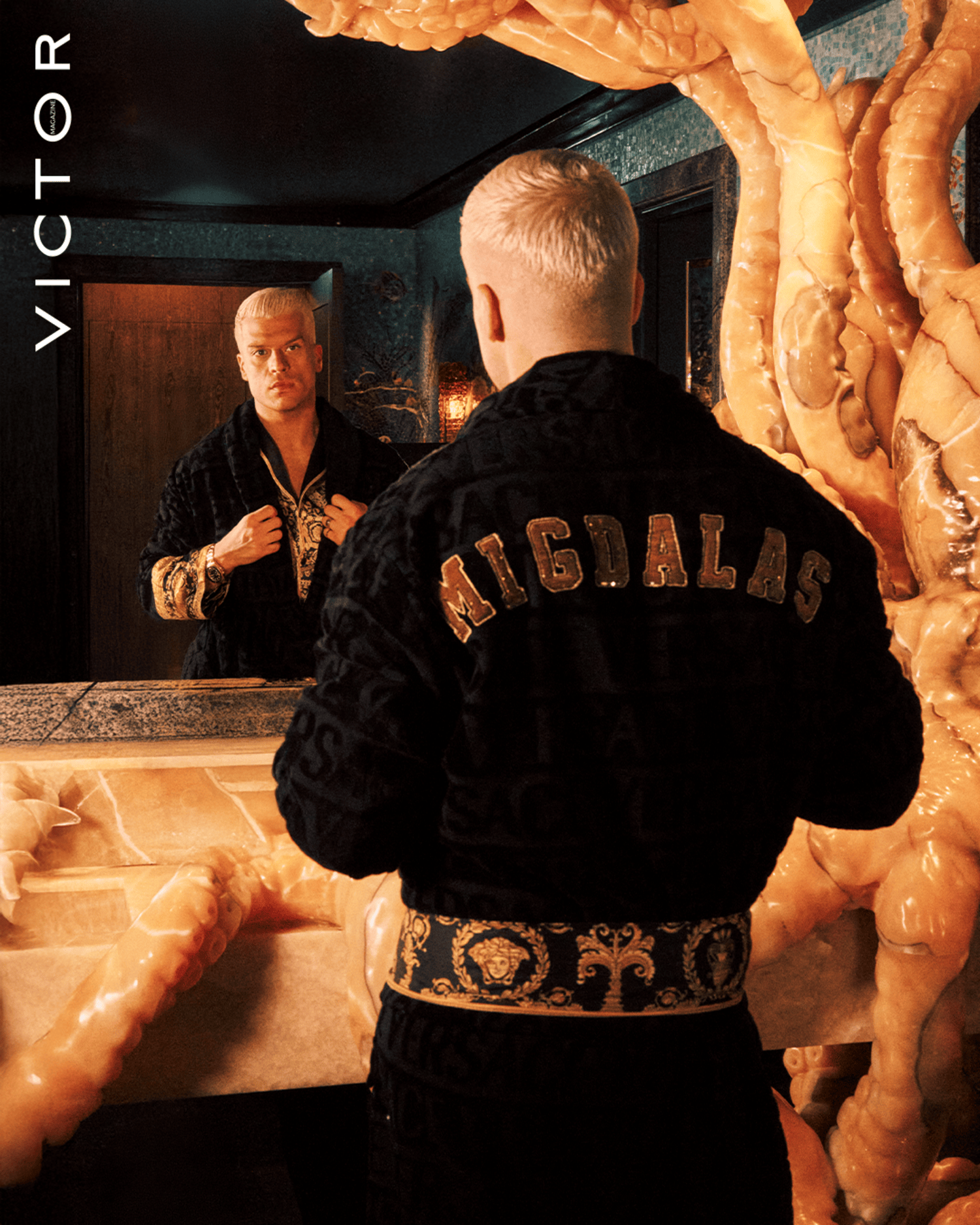
Beyond the Expected: John Migdalas on Today’s Luxury
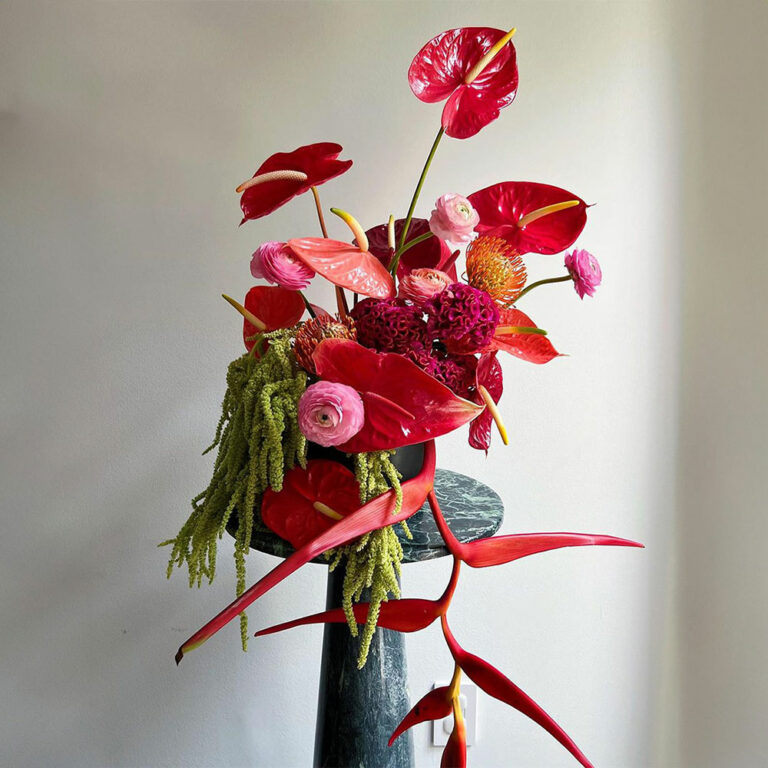
“Flowers are our favorite F word!”

Indulging in Love and Flavor at Playa: A Valentine’s Day Delight

Beyond the Expected: John Migdalas on Today’s Luxury
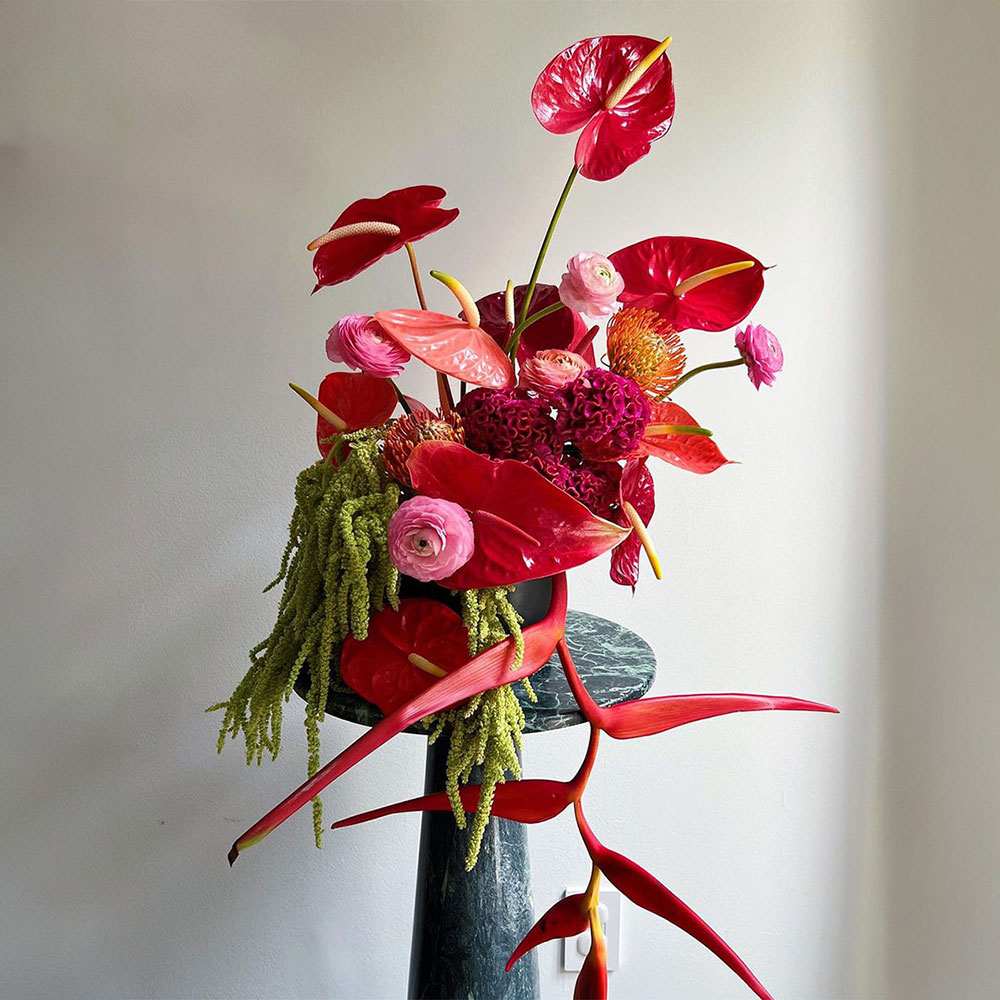
“Flowers are our favorite F word!”

Indulging in Love and Flavor at Playa: A Valentine’s Day Delight
related POSTS
